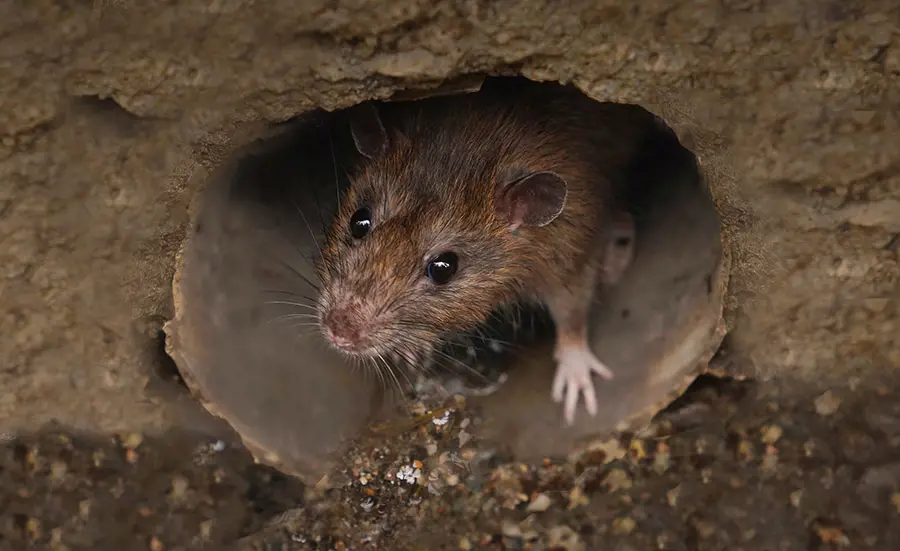
Anticoagulants in the environment
Rodenticides are chemical substances that are used to control harmful rodents such as mice and rats. They are usually applied as baits which contain active ingredients that inhibit blood clotting: These chemicals are also known as anticoagulants. Anticoagulants are highly toxic to humans and animals, are sometimes poorly degradable in the environment and can accumulate in organisms. Therefore, they pose a high potential hazard to predators that eat rodents - birds of prey and foxes are particularly at risk. To date, there are no data on the exposure situation in Switzerland with anticoagulants. Since there is also a high risk for children and non-target animals, which can accidentally swallow the baits, the substances are mainly used by professional pest controllers, including in sewers and in agriculture. In a new project, the Ecotox Center is collecting data on the use of anticoagulants in Switzerland. It is also establishing an analytical method to detect the substances in water and organisms. The method will then be used to roughly estimate the environmental impact in Switzerland.
Publications
Schlussbericht: Anticoagulant rodenticides – Swiss situation analysis (2022)
Download report
